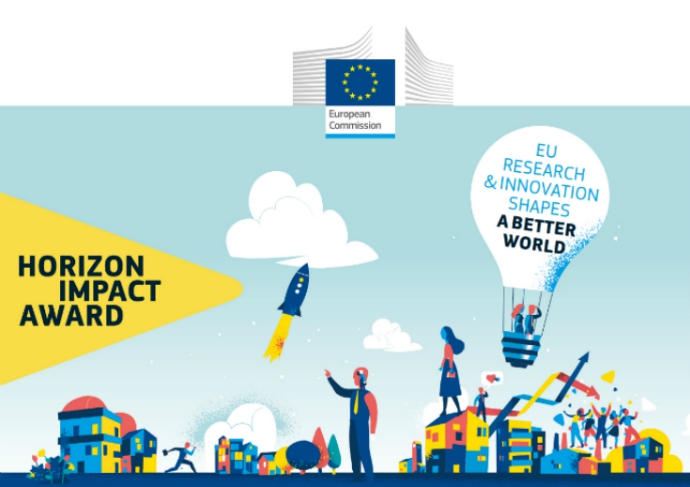Horizon Impact Award 2020 awards EU-funded projects with the greatest societal impact
The EU’s Horizon Impact Award was launched in 2019 to award EU-funded projects that impact society and celebrate the researchers who made it possible. This year’s edition remained true to its purpose, awarding research and innovation projects with a valuable contribution to the wide-ranging fields of medicine, aviation, electronics, ecology and European written heritage. “The Horizon Impact Award serves to demonstrate how successful uptake of research results can create impact in every corner of our society,” stated European Commissioner for Innovation, Research, Culture, Education and Youth Mariya Gabriel in a news item(opens in new window) posted on the European Commission’s website.
Most impactful projects
Five winners were selected out of 10 finalists in this year’s award ceremony held during the virtual European Research and Innovation Days(opens in new window) event. The winning projects included a team that developed a device that supports young patients with very severe heart failure while they wait for a donor heart. The ventricular assist device is accompanied by a driving unit needed to pump the patient’s blood. The German MACH project’s innovative use of piston technology has made the portable driving unit smaller and lighter than its predecessors’, giving patients freedom of movement and autonomy. As explained in the project’s YouTube video(opens in new window), this reduces patients’ stress during the long waiting time for a new heart. Making an important contribution to preserving European heritage, the TRANSKRIBUS project (Austria), part of the Horizon 2020 project READ, used pattern recognition research and machine learning to analyse historical archives and handwritten documents. A project video(opens in new window) explains the key research result in layman’s terms: “The computer is now able to read old handwritten documents and the technology is available to everyone who uses the TRANSKRIBUS platform.” The technology is being used by several national archives to create good recognition models for specific languages. Another winner, INVISIBLE (Portugal), developed a new class of transparent electronic components based on eco-friendly, metal-oxide semiconductors. The technology has numerous applications, ranging from smart medical platforms to new types of energy. The technological gains include increased sustainability and improved electrical performance, as described in a project video(opens in new window). Working with an industrial partner, the project created the first transparent display that has already been commercialised by companies. Software identifying fuel-saving practices in the aviation industry was the focus of the CARING project (France). By analysing millions of flights every year, the eco-flying software has helped airlines to save millions in fuel costs while also reducing CO2 emissions. The technology has been deployed in many lower-middle-income countries, enabling them to take action to reduce their own carbon footprint. As stated in a project video(opens in new window), the goal for the next 5 years is to reduce CO2 emissions by 6 million tonnes. Lastly, OCEAN SENTINEL (France) addressed the problem of illegal fishing that also harms non-targeted species such as sea birds, sea turtles and sharks. A video(opens in new window) describes how innovative devices attached to albatrosses have made it possible to detect illegal fishing activity and collect information for authorities and organisations involved in protecting the ocean and threatened marine species. Not being able to do so previously, the European Commission also took the opportunity to award 2019 winner FRESH-DEMO (the Netherlands) for its energy-efficient humidification system(opens in new window). The project’s technology lengthens product shelf life while preventing unnecessary use of packaging. For more information, please see: MACH project(opens in new window) TRANSKRIBUS project(opens in new window) INVISIBLE project(opens in new window) CARING project(opens in new window) OCEAN SENTINEL project(opens in new window)



